Sleep Facts
-
Your Brain and Sleep
During sleep, our brains go through complex cycles that involve memory consolidation, emotional processing, and waste clearance. Non-REM sleep is particularly important for memory, while REM sleep, often associated with dreams, supports mood regulation and creativity. Sleep plays a crucial role in what’s known as brain plasticity, the brain’s ability to adapt and grow based on experience, making it vital for learning and mental clarity at all ages.
During sleep, the brain processes the day’s lessons, helping kids retain information and improve focus. Well-rested children often find it easier to concentrate, solve problems, and control their emotions, making both schoolwork and family interactions smoother. Without enough quality sleep, kids might feel irritable, struggle to remember new information, and have a harder time focusing, impacting their experiences at school and at home.
-
Aging and Sleep
As we age, our sleep patterns change. Older adults often experience less deep sleep and more frequent awakenings, which can reduce the restorative effects of sleep. While younger people spend more time in deep and REM sleep stages, aging bodies often experience lighter, shorter sleep cycles, partly due to shifts in melatonin levels and the natural sleep-wake cycle. However, prioritizing quality sleep as we age is important to maintain cognitive health, immune strength, and emotional resilience.
Young children need extra sleep for their developing brains and bodies, while teenagers often require more to support their busy schedules. When kids don’t sleep well, it can affect their mood, energy, and learning. By helping every family member prioritize sleep, households can experience a calmer atmosphere and better communication, supporting each person’s growth and well-being.
-
Health and Sleep
Quality sleep is fundamental for overall health, impacting everything from metabolism and immunity to cardiovascular health. Studies show that sleep helps regulate blood pressure, supports healthy weight management, and strengthens immune responses. Additionally, sleep helps clear toxins from the brain, reducing risks of neurodegenerative diseases. Poor sleep can exacerbate conditions such as hypertension, diabetes, and mood disorders, highlighting sleep’s role as a preventive health measure.
For children, sleep fuels both brain and body development, while inadequate sleep can lead to frequent illnesses, poor focus, and stress. When families make sleep a priority, everyone feels happier and more engaged in daily activities. In the classroom, well-rested children are often more ready to learn and participate, leading to positive outcomes.
Common Sleep Challenges.
-
Before diving into treatment strategies, it's important to understand the most common sleep challenges children often face. Recognizing these issues helps lay the foundation for creating effective solutions to improve sleep.
-
Difficulty Falling Asleep
Many children have difficulty falling asleep, often due to irregular bedtime routines, too much screen time before bed, bedtime is too early, or overstimulation.
-
Night Wakings
Frequent awakenings during the night can stem from nightmares, deficient sleep dependencies, medications, or other disruptions. These interruptions affect both the child and the caregiver’s sleep quality.
-
Early Awakening
Waking up too early is another common sleep issue, leading to insufficient rest and impacting the child’s mood and behavior during the day.
-
Nursing/Bottle Feeding Past Preschool Age
Extended reliance on nursing or bottle feeding for comfort at bedtime can make sleep initiation dependent on feeding cues rather than natural sleep rhythms. This may contribute to frequent night wakings and difficulties transitioning to self-soothing strategies.
-
Screen Time Challenges
Excessive screen use, especially before bedtime, can significantly delay sleep onset, meaning it can take longer for children to fall asleep. This may be due to overstimulation from engaging content or the lack of self-regulation skills to turn off devices at an appropriate time. As a result, children may struggle to transition to sleep without challenging behaviors occurring.
-
Co-Sleeping into Adolescence
Many children with autism continue co-sleeping with a caregiver well into their teenage years due to separation anxiety, sensory sensitivities, and difficulty establishing independent sleep habits. This can impact both the child’s and caregiver’s sleep quality and overall independence.
-
Displaced Parental Figures
Displaced parental figures refer to situations where children, due to sleep challenges, frequently wake during the night and seek comfort in their parents’ bedroom, or even fall asleep there initially. This can make it difficult for parents to maintain their own restful sleep, as the presence of their child in the bed disrupts their ability to sleep comfortably.
